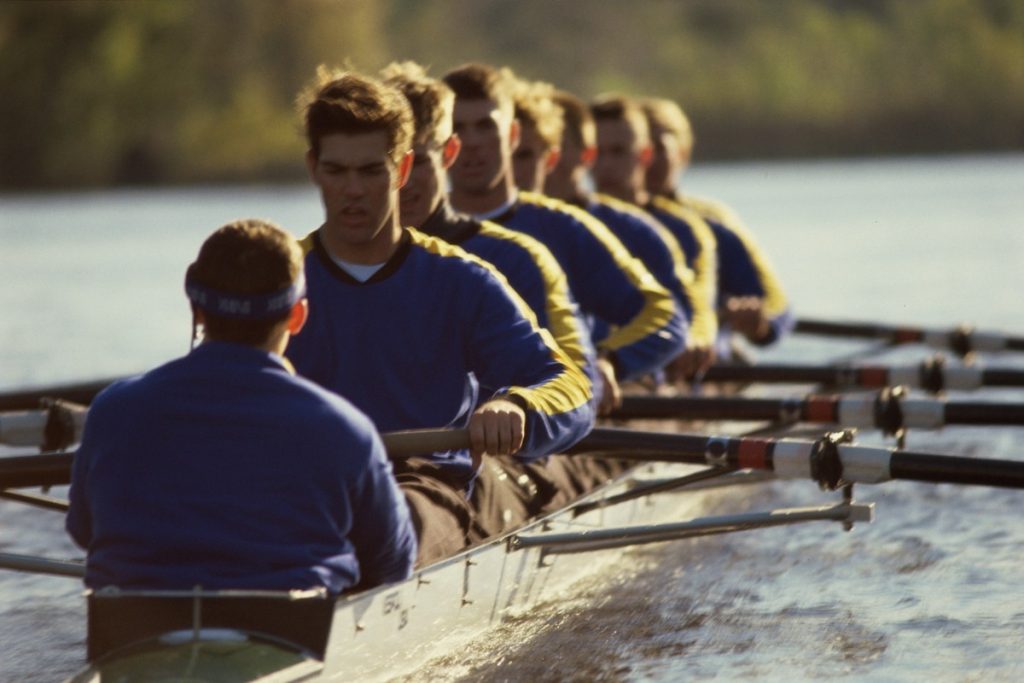
In part three of our series on resilience, Chris Shambrook, our Performance Director and member of the GB Rowing Team’s support staff, shares some simple ideas about resilience built up over the last 4 Olympic Games.
Working in elite sport for 20 years and having the chance to see high performance through the eyes of some extraordinary companies and their people, I’ve seen resilience in action in a wide variety of situations. I’ve pulled together a few of the ideas that have particularly helped in building resilience over this period, quite a few of which I’ve benefitted from personally as well.
How much resilience?
Supporting the GB Rowing team has helped a great deal over the years with me getting a good handle on resilience. Much of this help has been down to the very predictable 4-year cycle of the Olympic Games and all the key events within each year of that build up. Training, tests, trials, competition, qualification and the Olympics itself. All of this builds up a forward plan for how and when resilience is needed to play its part.
Having a clear picture of the need to be resilient over time is a great starting point (4 years or more). Knowing the key events where resilience will be tested helps ready the mind (and body) prepare to cope with the predictable pressures to be faced. Add in a deep understanding of the resilience needed to thrive in racing situations (7 minutes) and you’ve got an environment where building resilience is part of the recipe, not a special ingredient reserved for adversity. When are you going to need resilience in 2016?
Start with the end in mind
The Rowers all know that the 2000m of racing is one where you have to push yourself truly to the limits. Therefore, anyone who wants to stand on the top step of the podium needs to have resilience baked in. Mettle will be tested every stroke of the way, so no rower would think they’ll be able to be an Olympic Champion without having developed the ability to be hugely resilient in the face of pressure.
“How good am I at facing up to extreme challenge and remaining strong?”. That question has to be able to be answered positively. Every athlete and crew then has to work hard to put every bit of preparation in place so they can sit on the start line of an Olympic final thinking, “We’re ready to be tested, by ourselves, as well as by anything you can throw at us”. Once you’ve got this outlook, then resilience is something you love having.
Everyone is resilient
The kind of resilience needed to train and compete at the Olympic level changes your outlook. I know resilient people aren’t resilient 100% of the time. Resilient people falter, worry, ask for help and lose confidence. They are resilient because they realise the challenge is to see how well they can maintain a resilient outlook every day, whatever’s going on. So whether they’re having a good, bad or indifferent time, they stay focused on thinking “how do I move forward from here?”. Not easy, but worth the effort.
It all adds up
So for you, the advice is simple. Look ahead to the resilience you’re going to need and how it will help. Work on enjoying the benefits of resilience so you can test yourself more than anyone else can ever test you. Challenge yourself to see how well you can keep building resilience, rather than needing to get over the finish line of being permanently resilient. Set these foundations and you’ll see that resilience isn’t simply a quality of the chosen few.






